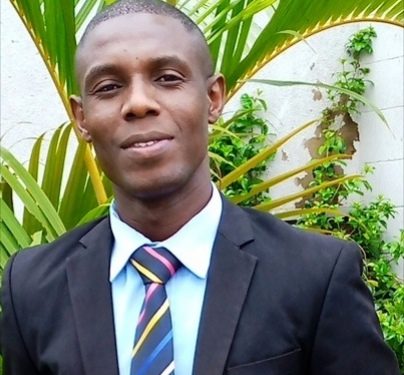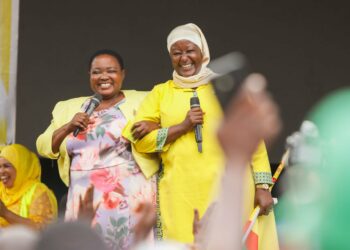It is breathtaking to note that following the January 2021 elections, Ugandans waited till May 12 when the President elect, His Excellency Yoweri Kaguta Museveni was sworn in to lead the country for the next five years. This comes with a number of implications but specifically, there are a number of factors that human rights defenders in Uganda must put into account.
Article 1 of the United Nations Declaration on Human Rights Defenders provides that a human rights defender is anyone who individually or in association with others promotes or strives for the protection and realisation of human rights and fundamental freedoms at the national or regional level. Much as there are no particular qualifications for one to become a human rights defender, there are yardsticks that should be kept in mind. Human rights defenders must work within the laws of the country; use peaceful means in the execution of their mandates; perform acts or undertake actions that seek to promote or protect human rights and they should work within a known or defined context.
The Preamble of the Constitution of the Republic of Uganda reflects that the country has had a history characterized by political and constitutional instability and recognizes the struggles against forces of tyranny, oppression and oppression.
This may imply that a lot has to be done to recognize the rights and work of human rights defenders as they will go a long way in ensuring that this history doesn’t repeat itself. By the time of the lapse of the tenth Parliament, effort had been put in by Hon. Lyandro Komakech the member of Parliament for Gulu Municipality to see that the Human Rights Defenders’ Protection Bill 2020 was passed into law. Unfortunately, this didn’t come to light but rather, it had reached Committee stage having been scrutinized by the Human Rights Committee of Parliament.
This implies that human rights defenders under their collaborating organisations including but not limited to Defenders’ Protection Initiative, Human Rights Centre Uganda, DefendDefenders and National Coalition of Human Rights Defenders have to quickly follow up and continue with advocacy with the eleventh Parliament to see that this Bill is passed into law with the hope that human rights defenders will have their rights protected and enforced by the relevant authorities should they be violated or abused in the course of their work.
The next five years of government provide many opportunities for collaboration between human rights defenders, Ministries, Departments and Agencies of government and development partners to further create awareness on a wide scale and advocate better for the promotion, protection and realisation of rights and freedoms by and for all. Human rights defenders have to take advantage of existing and new technology and work closely with the media fraternity to popularize their work and seek its recognition.
Challenges are expected along the way but with lessons from the previous years and work, human rights defenders ought to remain resilient at all times and keep their focus on seeing that their rights and those of others in their communities are respected at all material times, remembering that human rights promotion and protection is converted effort.
It cannot be done by a single individual with the effect that though the State has a tripatite obligation to respect, protect and fulfil human rights, citizens including human rights defenders can make a very big contribution in supplementing the State in executing it’s obligations. In the ultimate, the benefits rest upon both duty bearers and rights holders.
The Writer is a Human Rights Lawyer and Advocate/Defender
mugibert.blessing20@gmail.com
Do you have a story in your community or an opinion to share with us: Email us at editorial@watchdoguganda.com













